July 11, 2025: In early July on Cape Cod, tiny Piping Plover chicks are fluffy, quick, and well-camouflaged. They leave the nest within hours, forage on their own, and rely on parental protection and instinct to evade predators before they can fly. This plover chick was seen days ago at Trunk River Beach.
A Piping Plover chick just a few days old in Falmouth in early July is a tiny, downy bird about the size of a cotton ball with legs. Weighing roughly 6–7 grams, it’s barely larger than a ping pong ball and stands on spindly legs with oversized feet, already surprisingly quick and agile.
These chicks are precocial, meaning they leave the nest and begin foraging within hours of hatching. Covered in pale buff-and-white down with dark speckling for camouflage, they blend perfectly into the sandy beach habitat. Their behavior is both adorable and urgent. They run in short bursts, pecking for tiny invertebrates at the wrack line or in moist sand, then freeze suddenly when sensing danger, relying on their camouflage rather than hiding under vegetation, which is often sparse on Falmouth beaches.
Since they are not yet able to fly (that takes about 25–30 days), they stay close to the protective watch of both parents, who remain vigilant, using alarm calls and distraction displays, like the broken-wing act. This helps to defend against predators such as gulls, crows, or humans with dogs.
In short: In early July in Falmouth, a young Piping Plover chick is a fragile, fast-moving, self-feeding marvel, scrambling over open sand, learning survival from day one.

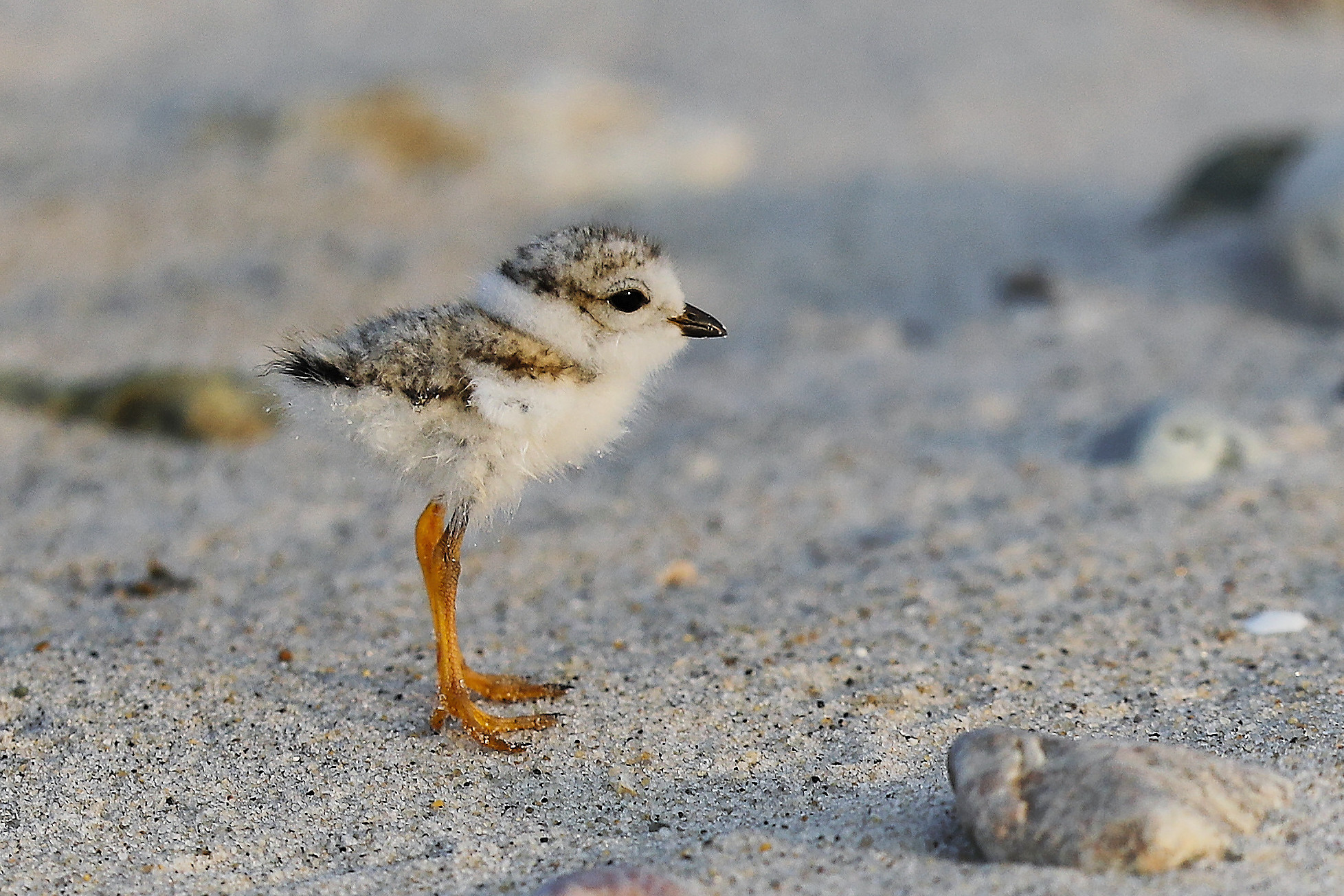
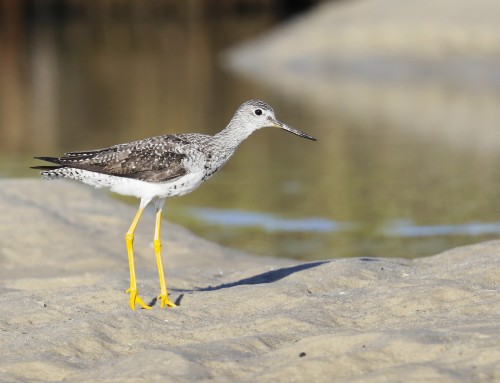
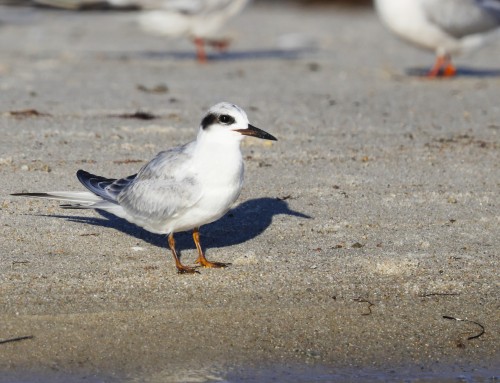
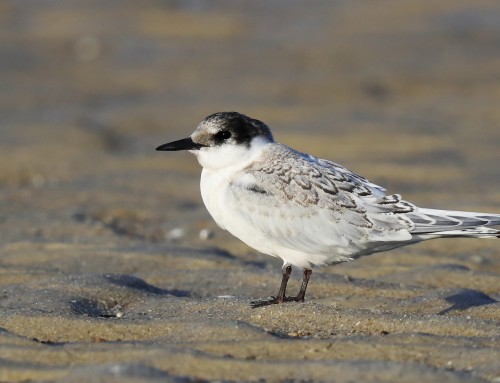
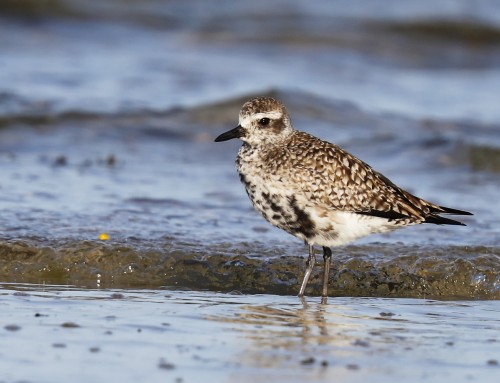
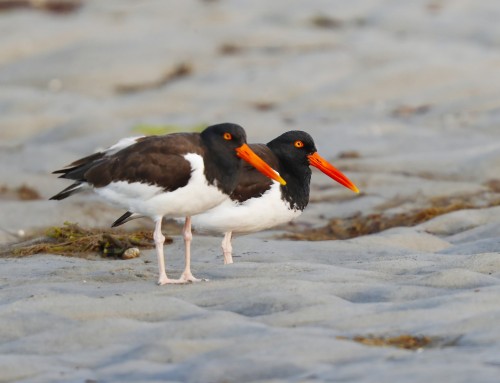
Leave A Comment
You must be logged in to post a comment.